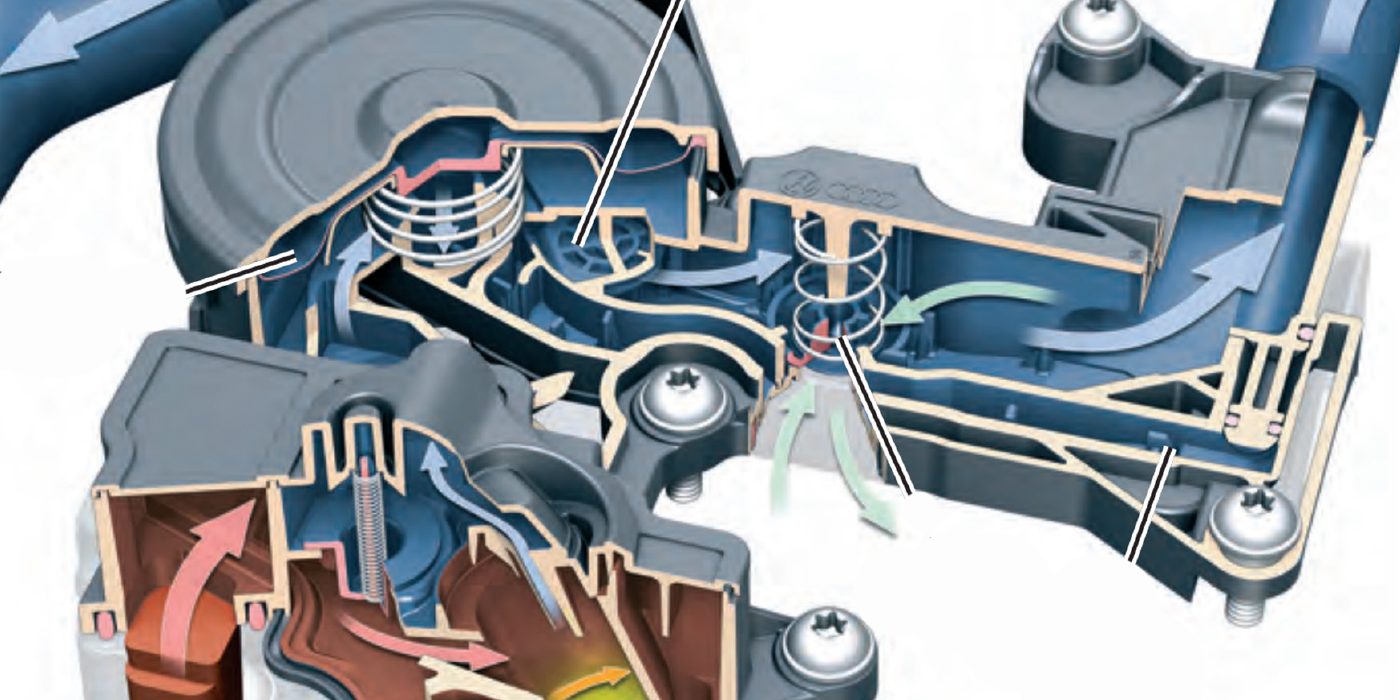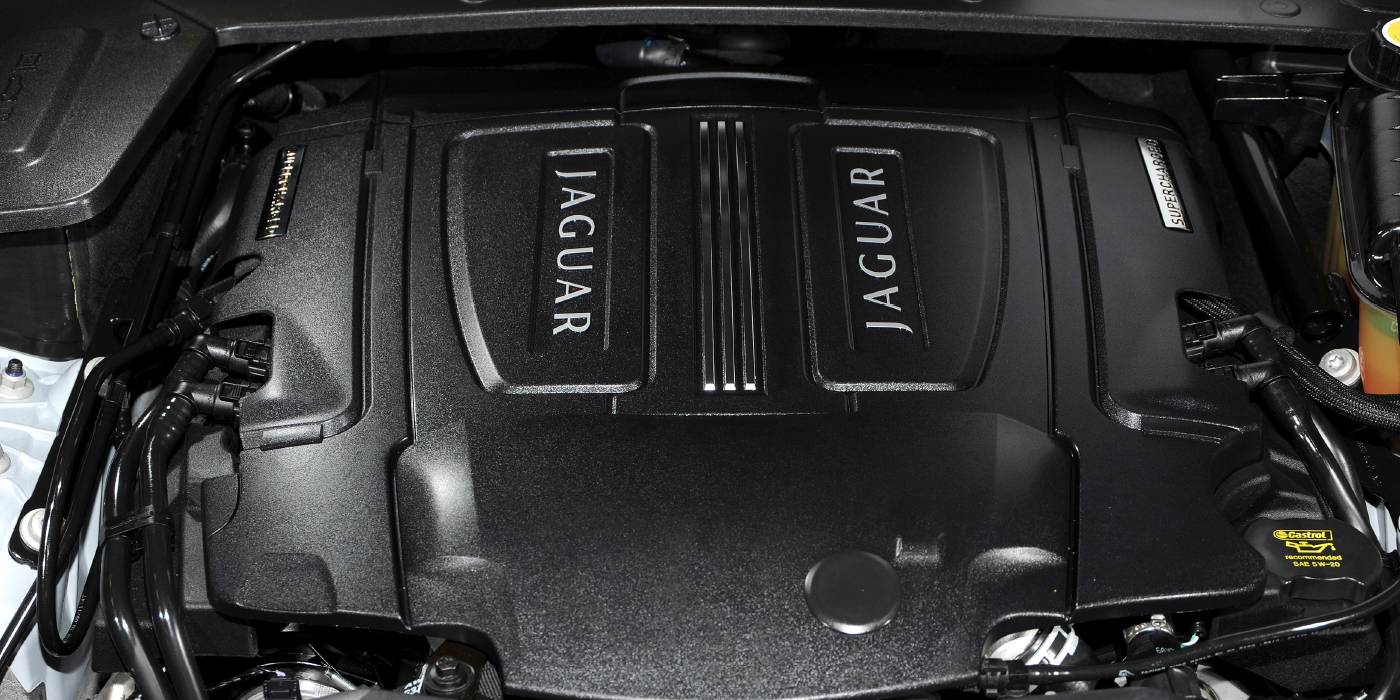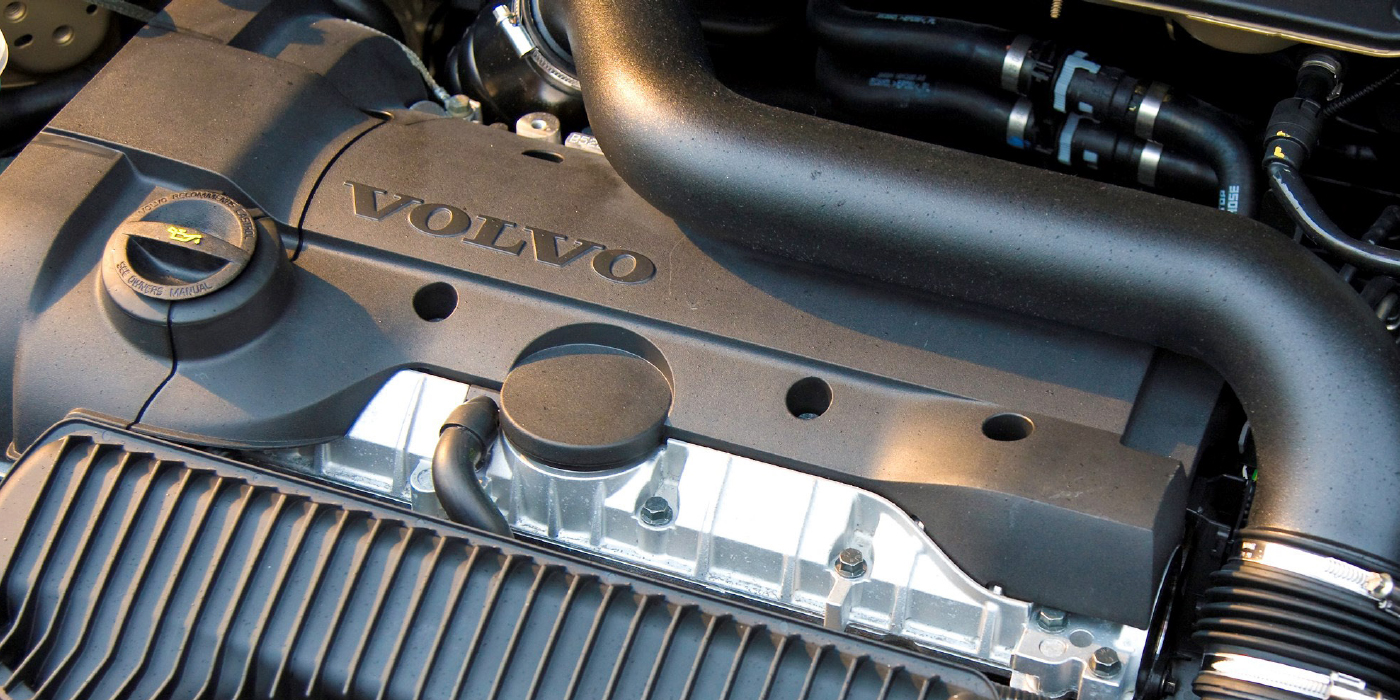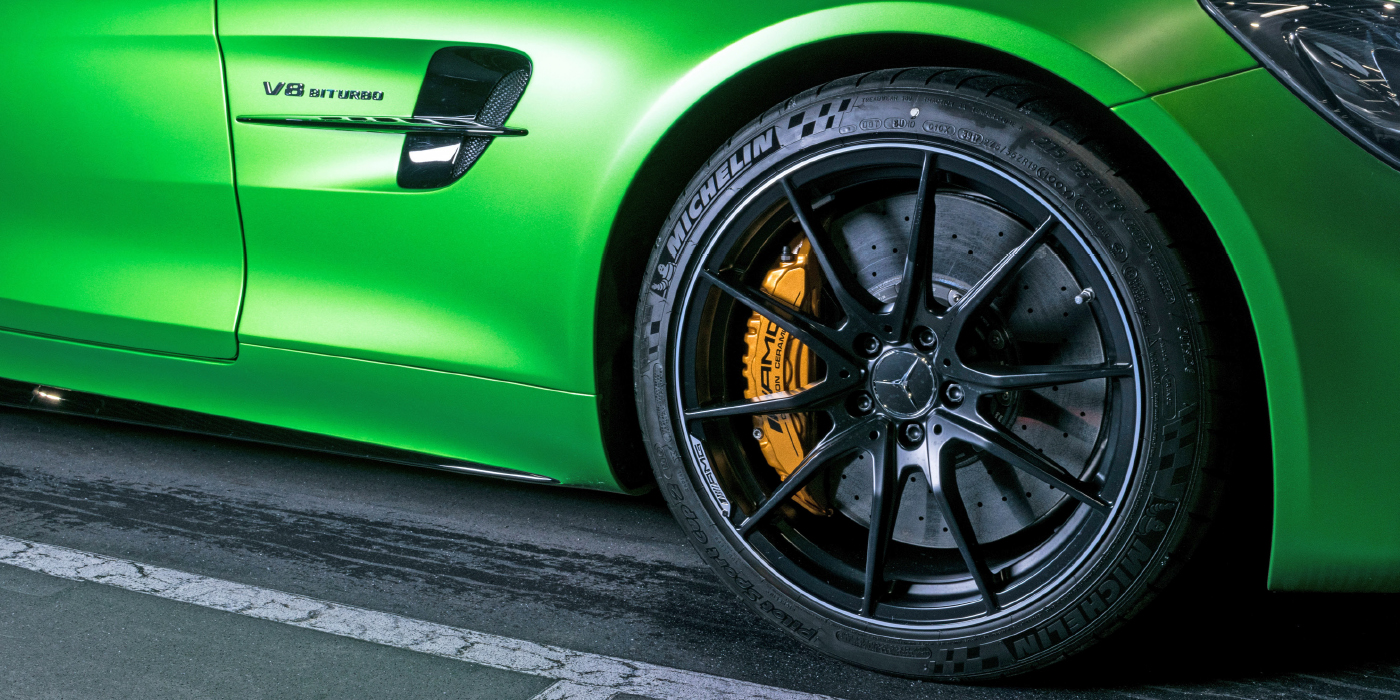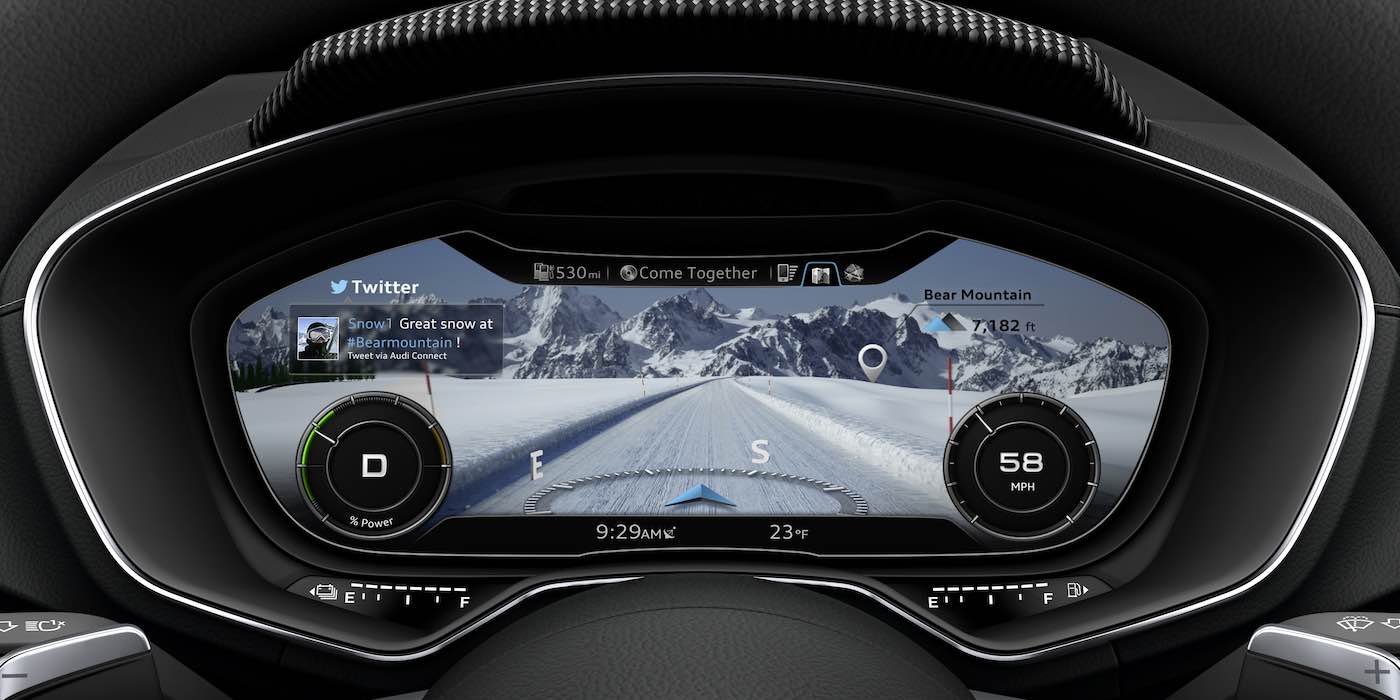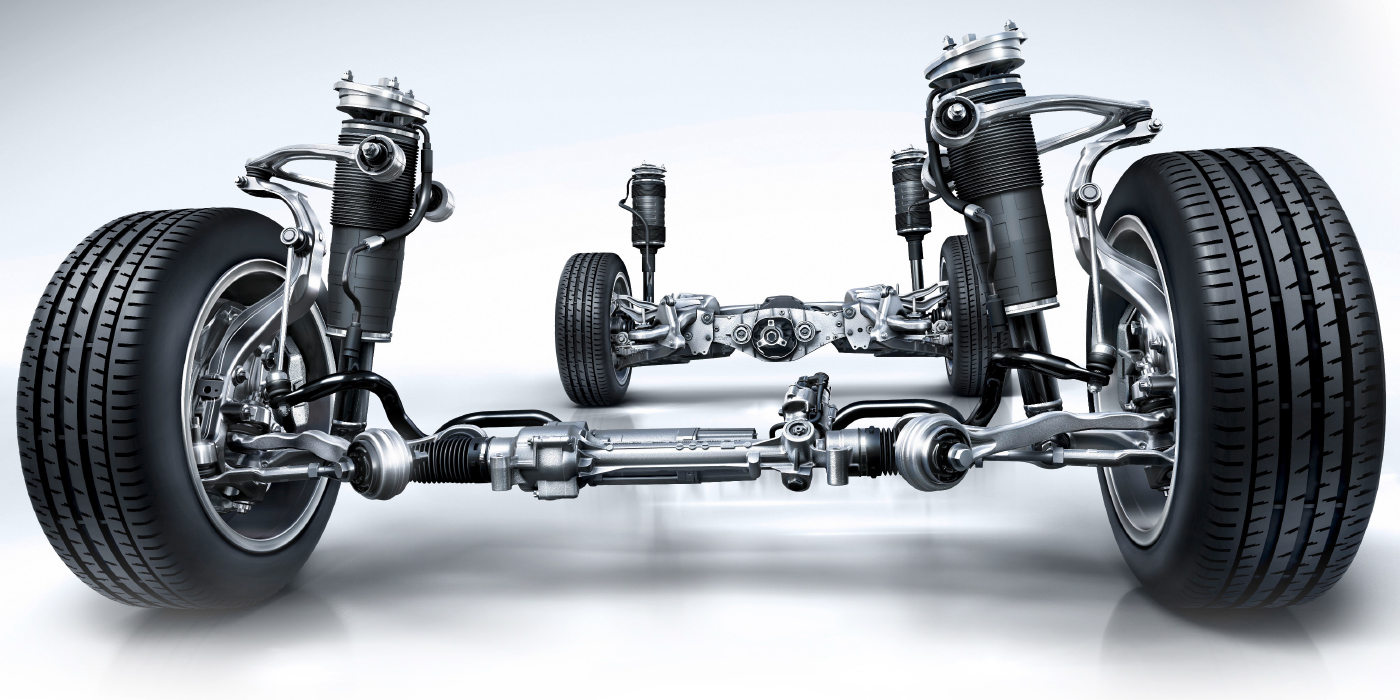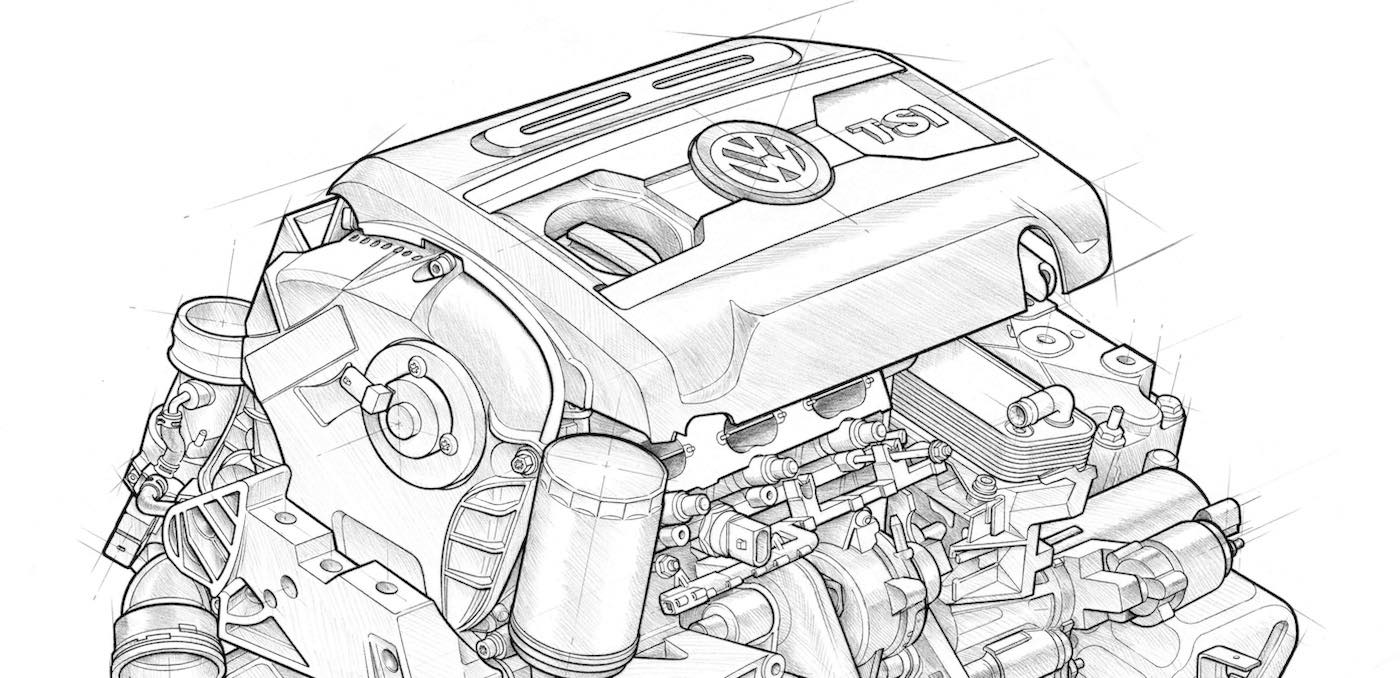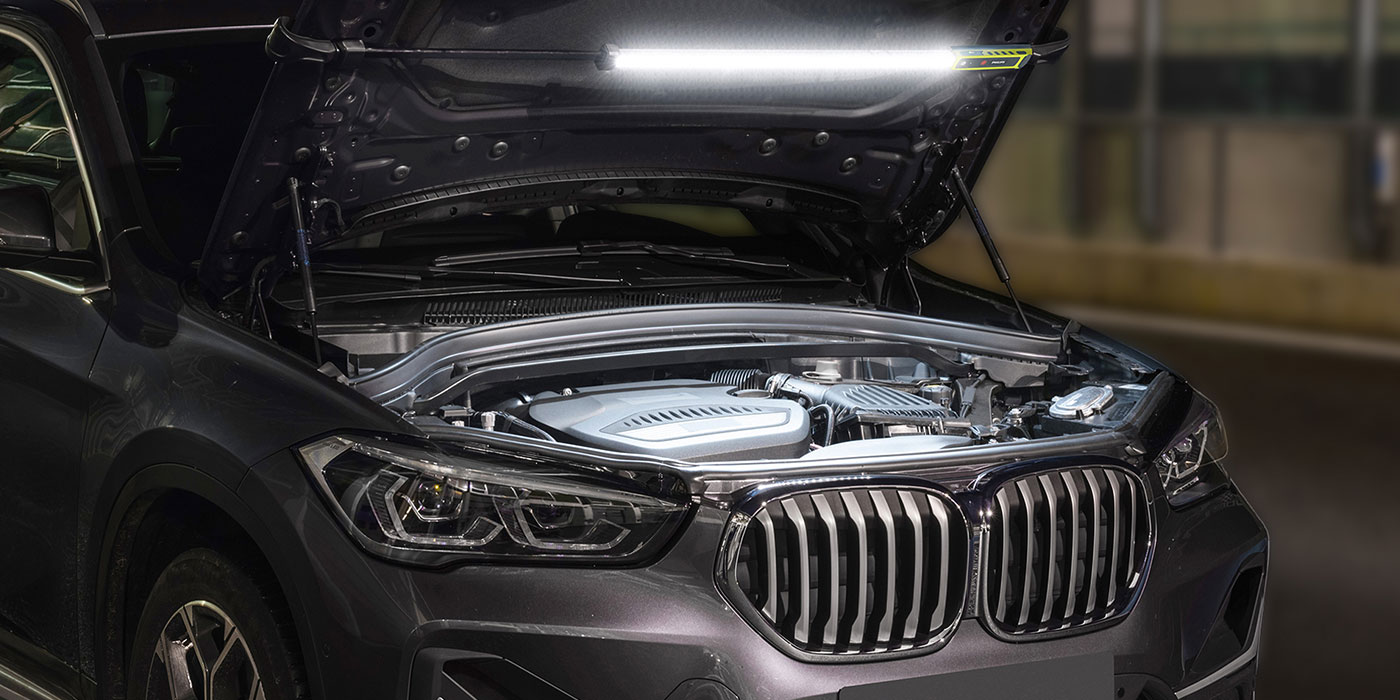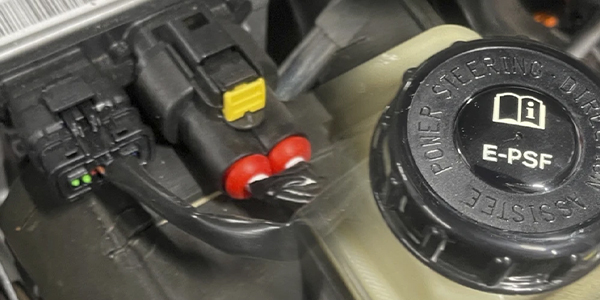TRW Automotive Holdings Corp. recently announced the start of production of Electric Power Steering (EPS) from its facilities in Limeira, Brazil, in support of the company’s expanding South American customer base. The company has invested in high-tech production equipment and manufacturing floor space in support of domestic customers.
"Electric Steering is a rapidly growing technology globally due to the many advantages it can provide," said Peter Lake, executive vice president for sales and business development at TRW. "Creating a regional production base for our South American customers will provide a cost effective source for these fuel saving and emission reducing technologies as we expand the footprint of EPS for the production of global platforms and make it available to domestic customers."
Over the last 18 months, TRW has installed equipment to produce the mechanical gear and column power head assembly. Additional investment is planned for electronic control units to fully localize Column Drive EPS manufacture for the region. Line capacity is expected to be in the range of 400,000 units annually with employment of an additional 170 people including engineering and other support personnel once full capacity is reached.
Moises Bucci, president of South America, TRW Automotive, said: "The expansion of electric steering into South America continues our efforts to bring all of TRW’s highly sophisticated product offerings to Brazil and the wider South America region. As part of locating EPS here, we will build an efficient and well-developed supply base to deliver cost improvements – essential to competitiveness and customer service. And electric steering has been recognized for its ability to help contribute to the environmental improvement efforts here."
TRW offers two Electrically Powered Steering (EPS) solutions, to cover the full vehicle platform range, which consume power only when steering assist is needed. The first is the column drive unit which is mounted on the steering column and the second is belt drive where the assist power is applied directly to the rack with a belt drive and ball nut mechanism. Significant fuel economy and CO2 emissions benefits can be realized with both systems: compared with traditional hydraulic power steering. The technology can deliver a fuel saving of 0.3 to 0.4 L/100km, with a corresponding reduction in carbon dioxide emissions of approximately 7-8g/km.
TRW Automotive news is available on the internet at www.trw.com.

